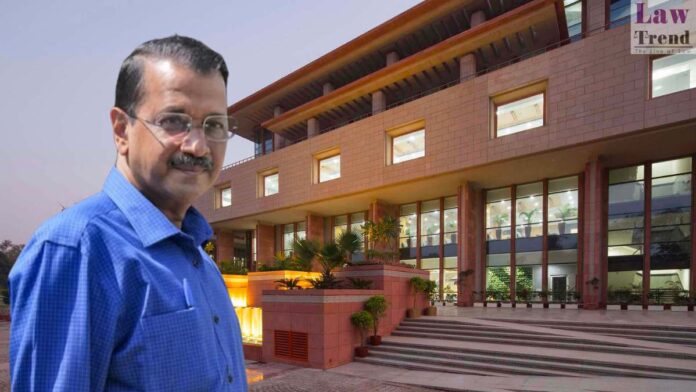Former Delhi Chief Minister Arvind Kejriwal took legal action today, approaching the Delhi High Court to contest the legitimacy of criminal complaints initiated by the Enforcement Directorate (ED). These complaints arose from his non-compliance with ED summonses linked to the Delhi excise policy case. The hearing is scheduled for December 19, as Justice Manoj Kumar Ohri called upon the ED to prepare a response.
The complaints under scrutiny involve Section 174 of the Indian Penal Code (IPC) for failing to attend summonses as mandated by Section 50 of the Prevention of Money Laundering Act (PMLA), which allows the ED to summon individuals and require documentation. Although Kejriwal sought to halt the trial proceedings at this stage, the court declined his request.
Senior Advocate Rebecca Mammen John, representing Kejriwal, argued that the complaint filed for non-attendance was improperly submitted by an ED officer different from the one who originally issued the summons. John contends that only the ‘public servant’ who issued the summons has the authority to file such a complaint.
On the other side, Advocate Zoheb Hossain, defending the ED, questioned the maintainability of Kejriwal’s petition. The backdrop of this legal struggle is a broader investigation into alleged irregularities in the Delhi excise policy for the year 2021-22. The policy is scrutinized for purported exploitations by leaders of the Aam Aadmi Party (AAP), including Kejriwal, who allegedly manipulated policy loopholes to receive kickbacks from liquor businesses. These alleged illicit funds were purportedly used to support AAP’s electoral activities in Goa.
The intertwined legal challenges and investigations by the Central Bureau of Investigation (CBI) and ED saw Kejriwal arrested and later released on interim bail by the Supreme Court to participate in the 2024 Lok Sabha elections campaign. His subsequent rearrest and additional CBI arrest highlighted the intensifying legal confrontations, which ultimately led to his resignation following his release on bail for both cases.




